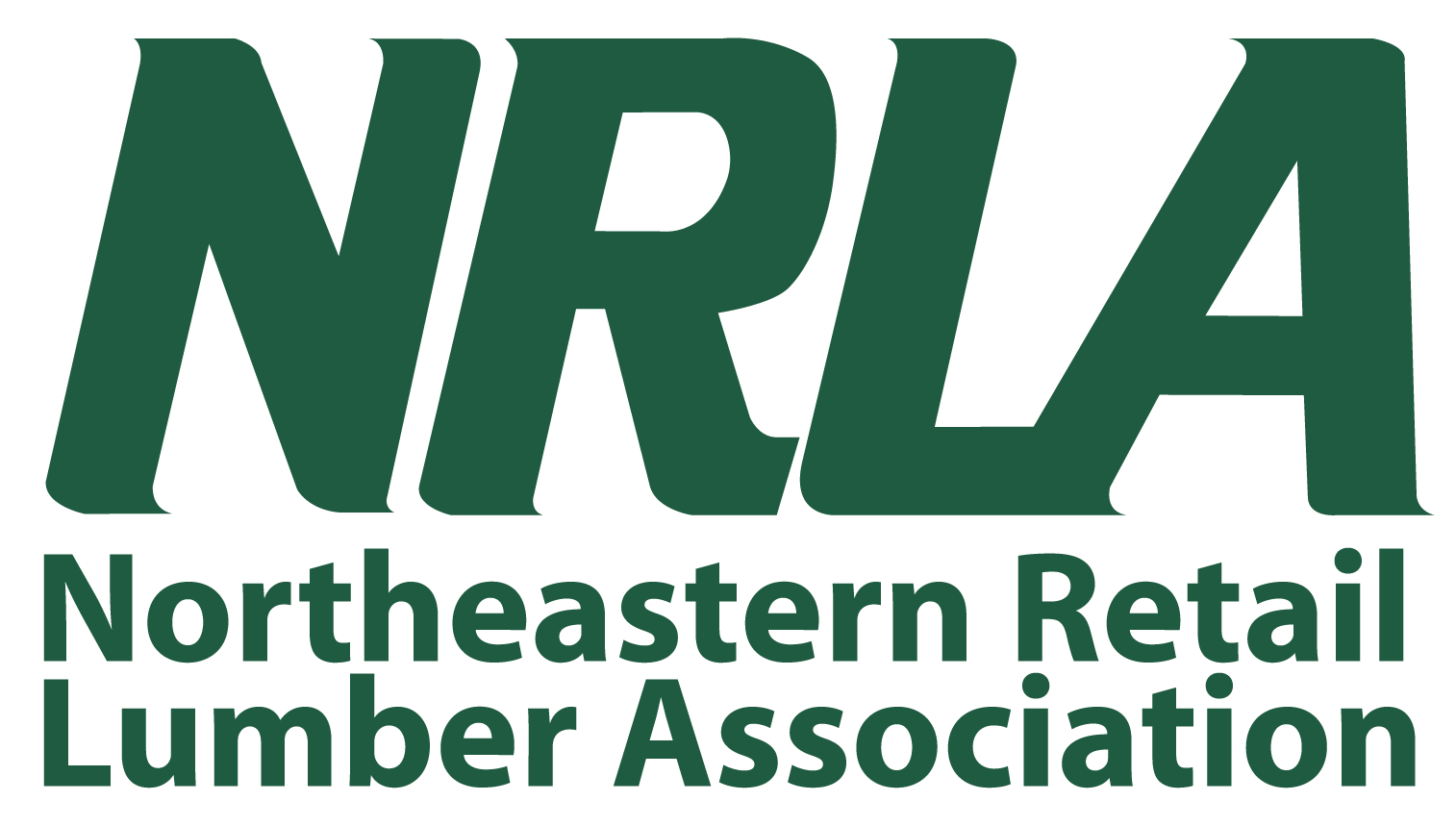HB.5902 Payment of Wages Act
RILBMDA asks that members of the General Assembly oppose this bill or at the very least make amendments to account for human error and accidental mistakes.
This bill lacks verbiage that would protect employers from innocent human and technical error. “Any employer who knowingly or willfully violates…” is left up to interpretation as to what “knowingly or willfully” means and needs an improved definition as courts interpret the legal meaning of the terms differently. There is no provision for honest mistakes and technical errors when it comes to underpayment or misclassification of an employee but comes with hefty fines and jail time for first offenses. There should also be language allowing a grace period for proper repayment and language that identifies a corrective action plan.
RILBMDA does not think that any employer should knowingly or willfully underpay any employee, as it is unethical and should be punishable. However, if the underpayment was done due to an honest mistake or technical error, and the employer corrects the mistake in a timely fashion, we do not think the employer should be punished. Additionally, employee misclassifications can also be errors, and again, the severity of the punishment for first time offenses is far too drastic given that the interpretation of the language in the bill could include a mistake.
In a climate where staffing crises are taking hold across the country, and in particular trades industries, position vacancies are plaguing all businesses. This bill is particularly daunting for small businesses due to their inability to quickly fill these vacancies. The current lack of qualified employees includes payroll and human resource professionals. Therefore, until these vacancies are filled, payment is often left to those who are doing what they can to keep the business running but do not necessarily know the ins and outs of the tasks required to properly fulfill payment needs.
RILBMDA prides itself on the treatment of its employees. Most businesses, particularly small, privately-owned, or family businesses, would never intentionally underpay or misclassify their employees. These strict and large penalties will only make business operations that much more difficult, negatively affecting the employees this bill claims to protect. There is simply too much ambiguity regarding what qualifies as ‘knowingly’ or ‘willfully’ and not enough verbiage that protects businesses from innocent error.
HEALTHCARE MANDATES
RILBMDA asks members of the General Assembly take a holistic approach to amending our healthcare system. The piecemeal approach that is adding mandates to employers and insurance companies is only increasing costs for businesses and employees alike.
According to research by the RI Business Council, in the past two years, Rhode Island has added eight new healthcare mandates to employers and insurance companies, and H.559 and H.6159 would add seven more.
Requiring insurance plans to cover more and more, sometimes eliminating copays as a requirement, only increases the premium Rhode Island businesses, many of them small and family owned, and employees must pay as these mandates increases the cost of health insurance overall.
These mandates have lead to insurance carriers seeking large, sometimes double digit, increases in premiums and small businesses are hit especially hard. “For small businesses‘ plans [in2023], proposed increases [were] 11.7% for Blue Cross, 9.3% for Neighborhood Health Plan, between 10.8% and 12.3% for UnitedHealthcare and 10% to 9.2% for Tufts.” Carriers seek these increases due to the current inflationary environment, “catch-up” from delayed procedures and healthcare during the pandemic, and increased costs on their end. The approved rates are not all dissimilar from those requested, thus costing RI businesses and residents more for coverage. Adding more mandates only ensures these large increases will continue.
MINIMUM WAGE
RILBMDA is opposed to raising the minimum wage generally (S.827 and H.6078/S826) as well as allowing municipalities in the state to set their own minimum wage (H.5015).
Allowing municipalities in our small state to set their own minimum wage would create undue hardship on businesses that have locations in multiple cities and towns across the state. It could lead to unintentional error since businesses with multiple locations often only have one payroll department process payroll for all locations. This could then lead to undue penalties, especially if the Payment of Wages Act mentioned above became law.
Allowing different municipalities to have different minimum wages could also lead to issues with staffing for businesses across the board. No one will want to work in a municipality that pays $15/hour if they can go 10 minutes down the road and get paid more. Also, it will put wage pressure on businesses with multiple locations if an employee at one location is getting paid more for the exact same job function than someone at a different location. H.5015 would put undue pressure and create higher costs for small to mid-size companies.
RILBMDA supports paying employees a fair wage for their work but believes those decisions should be left to the employer and employee to negotiate. Minimum wage mandates, like healthcare mandates, push up costs of goods and services for everyone, thereby negating any government mandated minimum wage increase.
OTHER BILLS OF CONCERN
| H.5239 Solomon/H.5805 Brien | Creates Sales Tax Holiday | Support |
| H.5642 Chippendale | Reduces Sales Tax to 5.0% | Support |
| H.6005 Abney | Increases Min. for State Purchases of Const. | Support |
| H.6058 Abney | Increases Number of Units Per Acre | Support |
| S.92 McKenney | Reduces Sales Tax to 6.0% | Support |
| H.5370 Cotter | Voids Noncompete Agreements | Oppose |
| S.145 Cano | Increases FMLA From 13 to 24 weeks | Oppose |
| S.473 Gu | Mandatory Salary on Job Postings for Businesses with 30+ Employees | Oppose |


